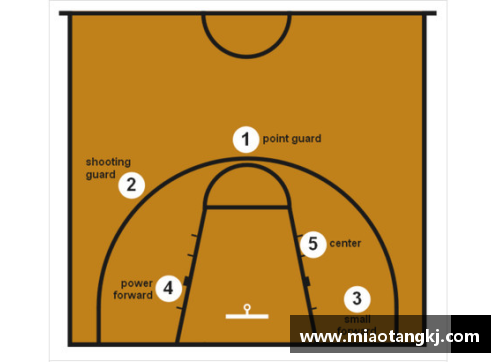Certainly! Here's an outline for your article on the evolution of NBA positional tactics and contemporary basketball strategies:
**Article Abstract:**
In the dynamic world of NBA basketball, the evolution of positional tactics has profoundly shaped contemporary gameplay strategies. This article explores how these tactics have evolved over time and analyzes their impact on modern basketball. From the traditional roles to the positionless revolution, the strategic shifts reflect both innovation and adaptation in response to changing player skills and game demands. This exploration delves into historical developments, strategic frameworks, tactical implementations, and their implications for the future of basketball.
---
**1、Historical Evolution of NBA Positional Tactics**
The evolution of NBA positional tactics traces back to its foundational years, where traditional player roles were defined and adhered to.
As the league progressed, the emphasis on specific positions like centers and guards began to evolve, influenced by key players and coaching innovations.
The 1980s marked a significant shift with the rise of versatile players like Magic Johnson, challenging conventional positional constraints.
2、Strategic Frameworks: Traditional Roles vs. Positionless Basketball
Traditional positional roles provided structure and specialization within teams, optimizing player skills for specific tasks.
The emergence of positionless basketball in the 2010s challenged these conventions, promoting flexibility and skill diversity.

Coaches like Gregg Popovich and Steve Kerr pioneered systems that blurred positional lines, enhancing team dynamics and offensive fluidity.
This strategic shift emphasized skill over size, fostering a faster, more adaptable style of play.
Positionless basketball also necessitated defensive adaptations, with teams prioritizing switching and perimeter defense over traditional rim protection.
3、Tactical Implementations: Impact on Offense and Defense
Offensively, modern NBA teams exploit mismatches and spacing, utilizing versatile players to create opportunities both inside and outside.
Three-point shooting and ball movement became pivotal, influenced by analytics and the quest for efficient scoring strategies.
Defensively, strategies evolved to counter high-paced offenses, focusing on switching, help defense, and strategic fouling to disrupt opponent rhythm.
Teams like the Golden State Warriors exemplified this with their 'small-ball' lineup, leveraging speed and shooting to dominate both ends of the floor.
Adaptations in coaching and player development fostered a league-wide evolution towards skill-based, strategic basketball.
Bsports网页版4、Implications for the Future of Basketball
The evolution of NBA positional tactics continues to shape basketball at all levels, influencing how future generations approach the game.
Coaches and players increasingly value versatility and adaptability, seeking to maximize skill sets and exploit mismatches.
Technological advancements and analytics further refine strategic decision-making, aiding in player development and game planning.
Looking ahead, the emphasis on skill diversity and strategic innovation promises a dynamic future for the sport, where tactical acumen and versatility reign supreme.
Overall, the evolution of NBA positional tactics underscores a transformative journey from rigid roles to dynamic versatility, reflecting basketball's constant evolution and adaptation to new challenges.
总结:
As NBA basketball continues to evolve, the shift from traditional positional roles to a more fluid, versatile approach has revolutionized the game. This transformation has not only enhanced offensive creativity and defensive adaptability but also set the stage for a future where skill diversity and strategic innovation define success. Embracing this evolution ensures that basketball remains a dynamic and engaging sport for generations to come.


